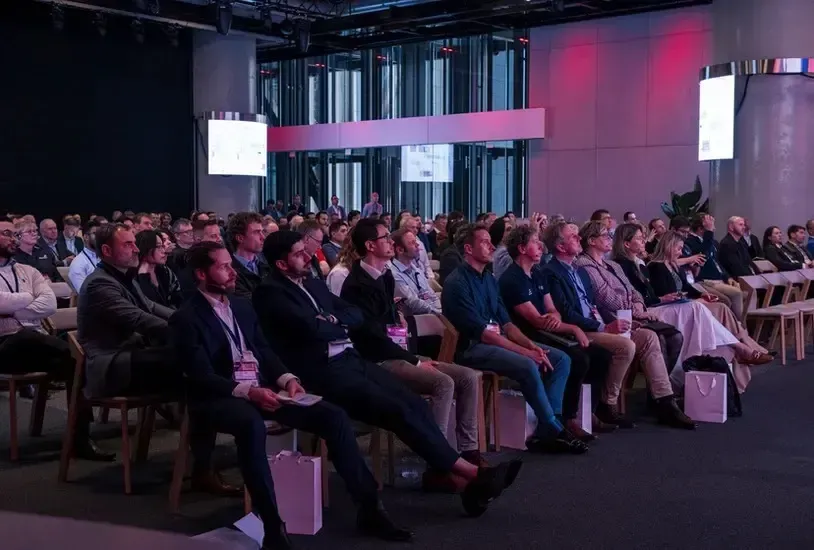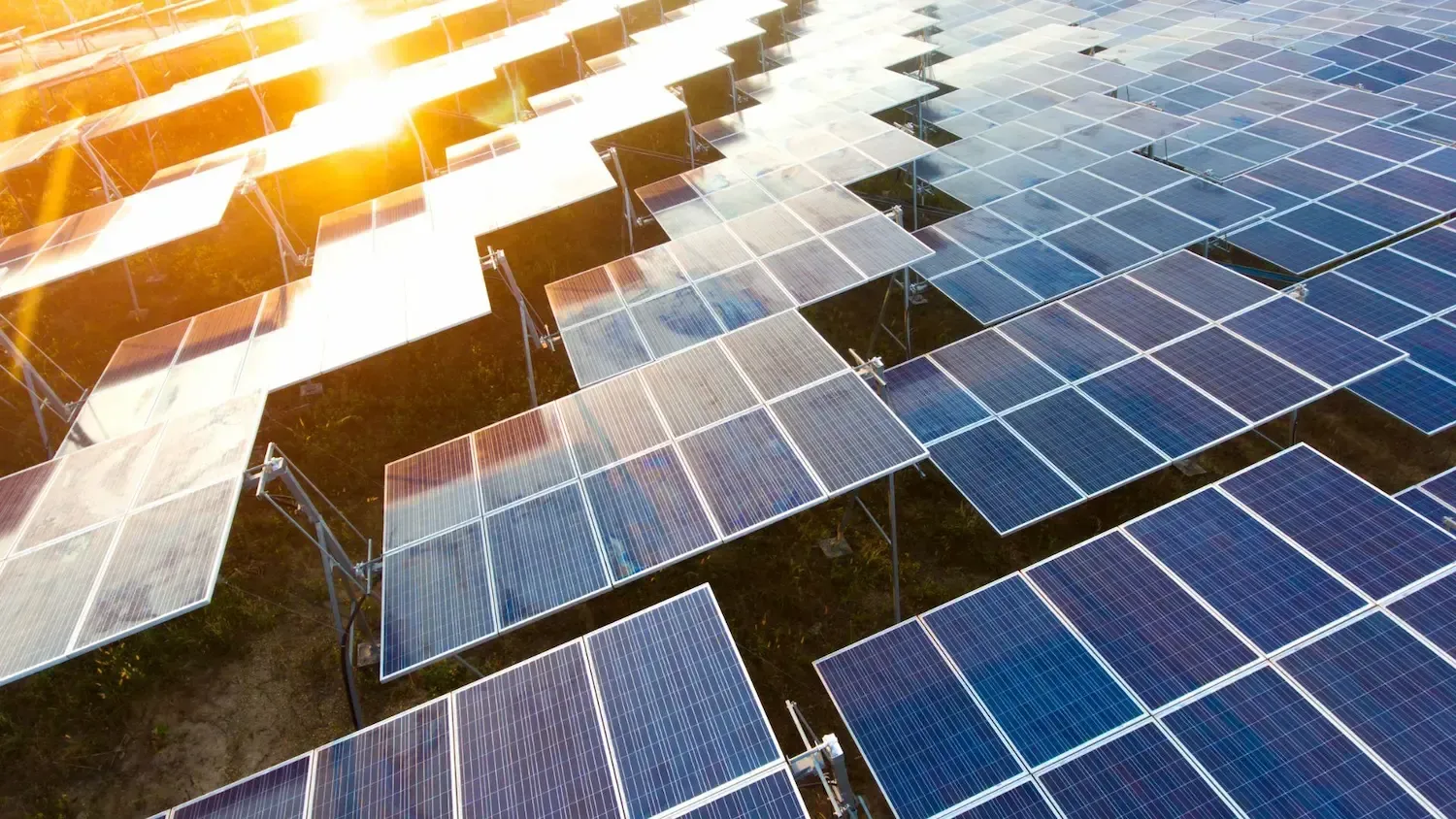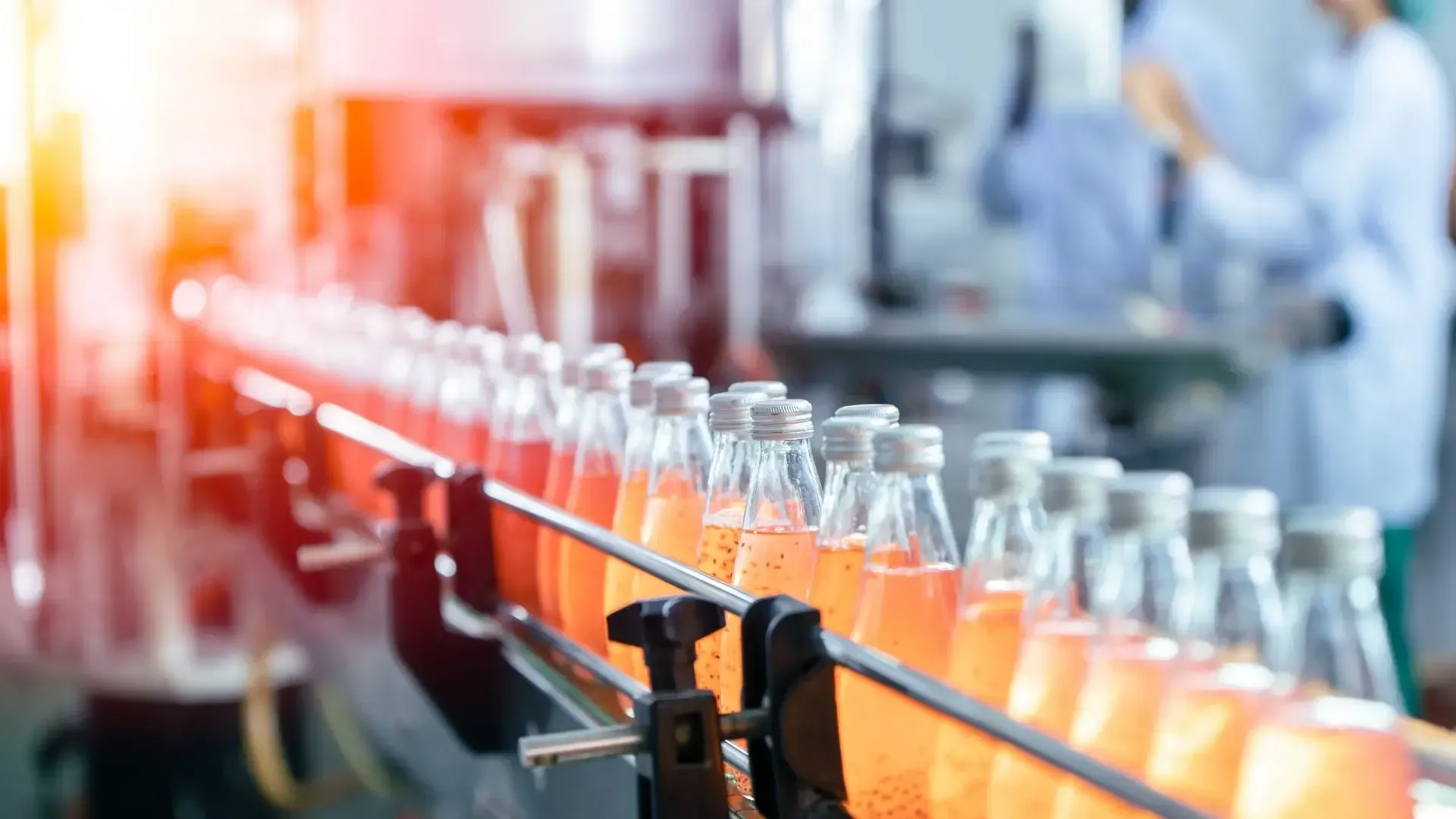A2EP - 2025 Australian Renewable Heat Conference
DETA Consulting was privileged to attend the 2025 Australian Renewable Heat Conference, an event marked by practical insights and strategic collaboration for accelerating Australia’s industrial decarbonisation journey. Over two days, leading manufacturers, energy innovators, government representatives, and consultants came together to address the real-world challenges and opportunities in transitioning to renewable heat.
Day 1: Practical Pathways to Decarbonisation
The event commenced with a Welcome to Country by Aunty Joan Bell, grounding the audience in the need for meaningful action that supports both environmental objectives and local communities. Keynote presentations underscored the urgency of decarbonising industrial heat—framing emissions reduction as both an ethical imperative and a commercial opportunity. Speakers delivered a clear message: industrial heat decarbonisation is no longer a distant goal, but an immediate, actionable challenge.
The morning’s second session explored digitalisation and AI as enablers for renewable heat. For DETA Consulting and our clients, the role of digital controls, advanced analytics, and flexible demand management was a standout theme. Presenters demonstrated how smart systems and integrated energy efficiency strategies are already delivering measurable reductions in energy use and emissions. Flexible demand and digital optimisation are rapidly becoming standard practice for proactive, forward-thinking industrial energy management.
Electrification was the defining topic of the afternoon. In dedicated sessions, attendees learned from real world case studies highlighting the deployment of heat pumps, mechanical vapour recompression (MVR), resistance heaters, and e-boilers. Technology providers and end-users shared practical advice on project scoping, integration, and operational outcomes. For DETA Consulting, the takeaway was clear: businesses across Australia are successfully retrofitting and upgrading industrial operations with electrified heat solutions, achieving energy cost reductions and compliance for net zero targets.
Another key highlight was the discussion on engaging retailers and networks to de-risk and deliver renewable heat projects. Practical strategies for partnership and commercial model innovation were shared—essential intelligence for consultants guiding clients through complex energy procurement and project delivery environments. Sessions also drew attention to the evolving regulatory context, outlining how collaboration among stakeholders is expanding support for industrial decarbonisation.
The day concluded with the 2025 Australian Renewable Heat Awards, recognising leadership and operational excellence in electrification, biomass, and renewable gas adoption. Networking sessions fostered valuable peer connections, furthering the collaborative environment necessary to bring decarbonisation projects from concept to reality.

Day 2: Expanding Horizons and Funding Opportunities
Day 2 shifted focus to international market trends and policy developments. Experts compared Australia’s progress with global industrial decarbonisation efforts, challenging attendees to pursue both A2EP 1 Australian Renewable Heat Conference 2025 competitiveness and collaboration beyond domestic borders. DETA Consulting identified several actionable opportunities for our clients to leverage learnings from abroad—particularly in policy design, technology adoption, and the creation of demand-side flexibility.
Sessions on grant funding, incentives, and internal project approvals were especially relevant for businesses aiming to overcome project barriers. Presenters provided detailed guidance on accessing available financial support, improving approval rates, and aligning renewable heat initiatives with strategic corporate objectives. For DETA Consulting, this reinforced the value of integrating grant intelligence and strategic funding pathways into every decarbonisation engagement.
Renewable gas and biomass sessions delved into higher-temperature solutions and circular economy integration. Case studies illustrated how major manufacturers are deploying renewable gas and biomass technologies, supported by strong partnerships and robust operational planning. For sites with challenging process requirements, these sessions clarified “how-to” approaches for feasibility assessment and technology selection.
The conference wrapped up with final reflections from industry leaders, re-emphasising the critical role of stakeholder collaboration and commercial pragmatism in meeting Australia’s net zero ambitions. Exhibitor showcases offered hands-on engagement with innovative technologies supporting industrial heat transition.
DETA Consulting’s Takeaway
For DETA Consulting, the 2025 conference reaffirmed that the pivot to renewable heat is a practical, immediate priority—one best achieved through digital optimisation, electrification, stakeholder engagement, and leveraging available funding. Our team left the event energised and equipped to help clients design, deliver, and scale industrial decarbonisation projects that secure long-term commercial and environmental value.
Decarbonisation begins with conversations, partnerships, and evidence-based actions. DETA Consulting is well positioned to champion that journey for Australia’s industrial sector at a technical and strategic level, translating unique needs into tangible, best-practice solutions for every client.
DETA’s positioning in the marketplace is evolving from a site-based engineering expert partner to a sector level authority on broader decarbonisation strategies in the Australian market.





